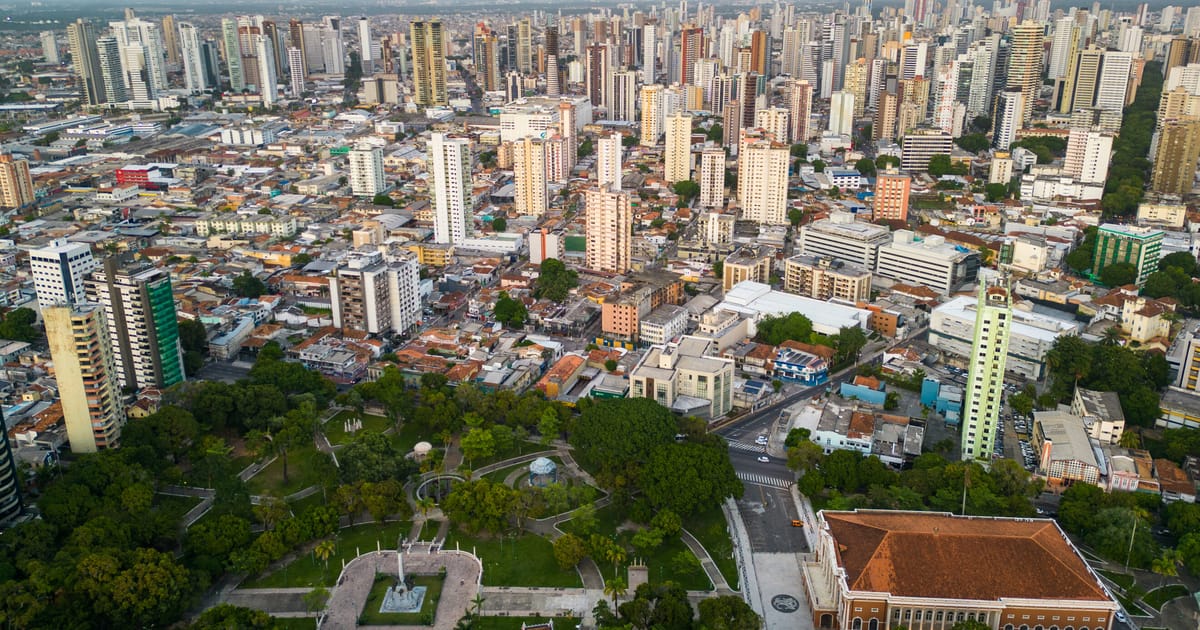

As the world continues to grapple with pressing environmental challenges, logistical concerns and extreme weather events are presenting unique trials in different parts of the globe. Whether it’s preparing for a major climate summit, anticipating severe weather conditions, or taking proactive measures to protect environments, these global narratives paint a larger picture of our ongoing relationship with the climate.
Preparation is well underway for the pivotal COP30 climate conference set to take place this November in Belém, Brazil. This significant gathering brings together nations from around the world to discuss climate policies and determine new strategies for addressing global warming. However, the conference’s logistics have become a topic of concern, as Brazil faces challenges in ensuring that adequate and affordable accommodation will be available for the influx of attendees. Organizers are diligently working to reassure participating countries that accommodations will meet necessary standards, fostering an environment where fruitful discussions are prioritized over logistical concerns.
Meanwhile, on the eastern coast of Australia, Sydney and the surrounding regions are bracing for a potential east coast low that is expected to develop early next week. The Bureau of Meteorology has issued warnings, forecasting torrential rain, damaging winds, and possible flooding. Such weather systems, fast developing and intense, remind residents of the powerful forces of nature and the importance of preparedness and resilience in the face of unpredictable elements. Authorities urge the public to take precautions to safeguard property and well-being, aiming to minimize the impact of these transient yet powerful events.
Across the globe in Europe, the continent is experiencing its first major heatwave of the summer. Temperatures in countries like Spain, Portugal, Greece, and France are soaring to highs of 42°C (107.6°F), prompting health and wildfire warnings from authorities. As Europe remains the fastest-warming continent, these heatwaves are stark reminders of the climate emergency’s immediate impacts, driving home the urgency for collective global action. The extreme temperatures have made it necessary for citizens to find ways to stay cool and hydrated while also being vigilant about potential fire hazards in parched landscapes.
In a bid to preserve natural environments and manage tourist capacity, the city of Cannes, France, has implemented new regulations to limit the number of giant cruise ships permitted in its bay. Starting in 2026, only one cruise ship will be allowed per day, with a maximum of 6,000 passengers. This policy aims to reduce environmental strain, enhance the quality of life for residents, and ensure a more sustainable tourism model. Such measures reflect a growing awareness and responsibility towards environmental stewardship, balancing economic interests with ecological imperatives.
These instances—ranging from high-stakes international logistics to localized weather phenomena and strategic city planning—highlight the multifaceted approach required to navigate climate-related challenges. Each response, while unique in its context, contributes to a broader tapestry of adaptive strategies being crafted by communities worldwide. As humanity stands at a crucial juncture, these stories encourage a mindful reflection on how we manage our coexistence with the planet, recognizing that while challenges persist, so does our capacity for innovation and resilience.
This intertwined web of climatic events and logistical initiatives signifies the shared journey towards a more resilient and sustainable future. By leaning into preparedness, strategic planning, and collaborative decision-making, societies can weather the storms, quite literally and metaphorically, that climate change presents. As global dialogues continue and more proactive policies are enacted, the path to a balanced ecosystem and a healthier planet becomes ever clearer.
Source: {link}
